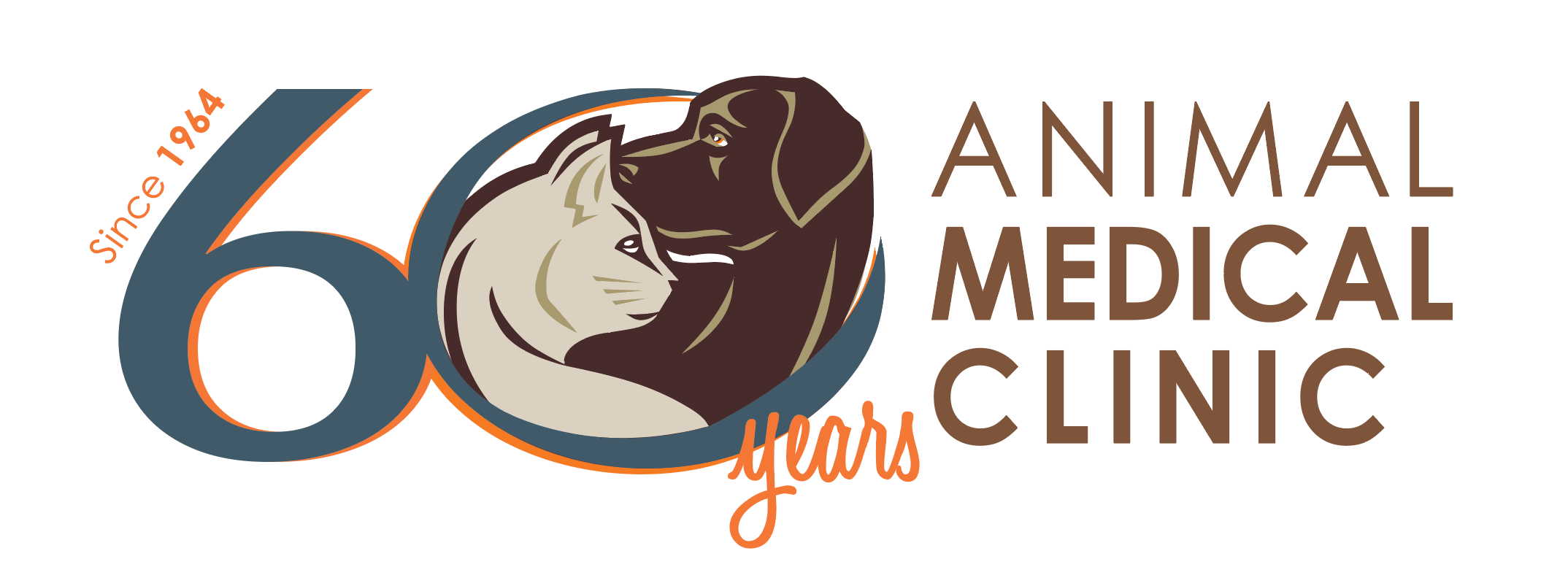Arthritis is one of the most common orthopedic diseases we treat in veterinary practice. It can happen to juvenile, adult, or senior animals and can significantly affect quality of life. Arthritis occurs for a variety of reasons, including:
- Congenital and developmental joint malformation – hip and elbow dysplasia, etc.
- Trauma- jumping, falling, overexertion, etc.
- Chronic stress from carrying excess weight
- Infectious organisms – bacterial, fungal, etc.
- Immune system disease – immune mediated arthropathies (like rheumatoid arthritis in humans)
- Cancer – osteosarcoma (malignant bone cancer), fibrosarcoma (malignant connective tissue cancer), etc.
When a joint becomes inflamed, the immune system is called into action. If the underlying cause of inflammation is removed and adequate time is given for the body to heal, the joint may not have sustained any permanent damage. Other times, more severe damage occurs or inflammation is inadequately controlled, which starts the painful process of degenerative joint disease (DJD). DJD is a permanent remodeling of joint surfaces which limits range of motion, mobility, and overall quality of life.
As a pet owner, you can reduce the likelihood your pet will suffer the painful effects of arthritis and DJD by taking preventive measures early in life.
Maintain a lean body condition
Watch their weight! Lean dogs and cats have fewer problems. A slimmer pet carries less weight and therefore incurs less day to day joint trauma. When feeding your pet, follow manufacturers feeding guidelines, use an accurate measuring cup, and minimize snacks to stay under recommended daily caloric requirements.
Partake in daily pet-appropriate exercise
Schedule time on a daily basis to engage in metabolically stimulating activity with your pet. When starting out, choose simple workouts like briskly walking around your neighborhood, then increase the intensity and duration as Fido’s fitness progresses. Cats can exercise in the safety of your home by chasing a laser pointer or feather toy. Feeding cats from an elevated surface or placing food inside a feline-friendly toy provides both physical and behavioral stimulation. Consistent activity benefits both you and pets. The PPET (People Pets Exercising Together) Study showed that owners who regularly exercised with their dog were better able to stick with their workout plan than dog-less participants.
Immediately address lameness with your veterinarian
Should your pet show any inability to use a limb properly, immediately address the problem with your veterinarian. Radiographs (x-rays) may be needed to determine if the joints and bones are normal or abnormal. The piece of mind that comes from finding no evidence of fracture, joint abnormality, or other significant concerns is well worth the expense.
Supply nutrients having anti-oxidant and anti-inflammatory properties
Nature has created many beneficial food sources capable of aiding the prevention and management of disease. Some diets are rich in bioavailable nutrients such as omega-3 fatty acids that combat the process of oxidation and inflammation, both of which cause potentially irreversible tissue damage. These can also be given as a dietary supplement. Ask your veterinarian for advice on diets and supplements.
Take preventive measures early in life
If your dog or cat is predisposed to arthritis due to known or suspected joint malformations, or has suffered orthopedic trauma, an oral joint supplement (glucocsamine, chondroitin, etc.) and omega-3 fatty acid supplement can safely promote joint health and reduce inflammation. Provide joint supplements at an early age to slow the onset of arthritis. Also, since carrying excess body weight is a major predictor of painful arthritis, keep your pet in good body condition his whole life.
Breeds predisposed to orthopedic problems:
Cranial Cruciate Rupture.
- Labrador retriever
- Rottweiler
- Newfoundlands
- Staffordshire Terriers
- Mastiff
- Akita
- Bernard
Luxating Patella- Small breed dogs.
- Chihuahua
- Boston terrier
- Toy poodle
- Yorkie
- Pomeranian
Hip Dysplasia
- Labrador Retriever
- German Shepherd
- Golden Retriever
- Great Dane
- Bernard
Elbow Dysplasia
- Labrador retriever
- Bernese Mountain dog
- German Shepherd
- Golden retriever
- Rottweiler
Intervertebral Disc Disease
- Dachshunds
- Corgi
- Beagle
- Basset hounds
- Shih Tzus
Taking care of your pet’s joints, spinal discs, bones, ligaments, muscles and tendons can increase the likelihood your pet will lead a comfortable and healthy existence. As quality of life is the most important thing we can provide for our pets, early identification and management of orthopedic problems is a key to success.



